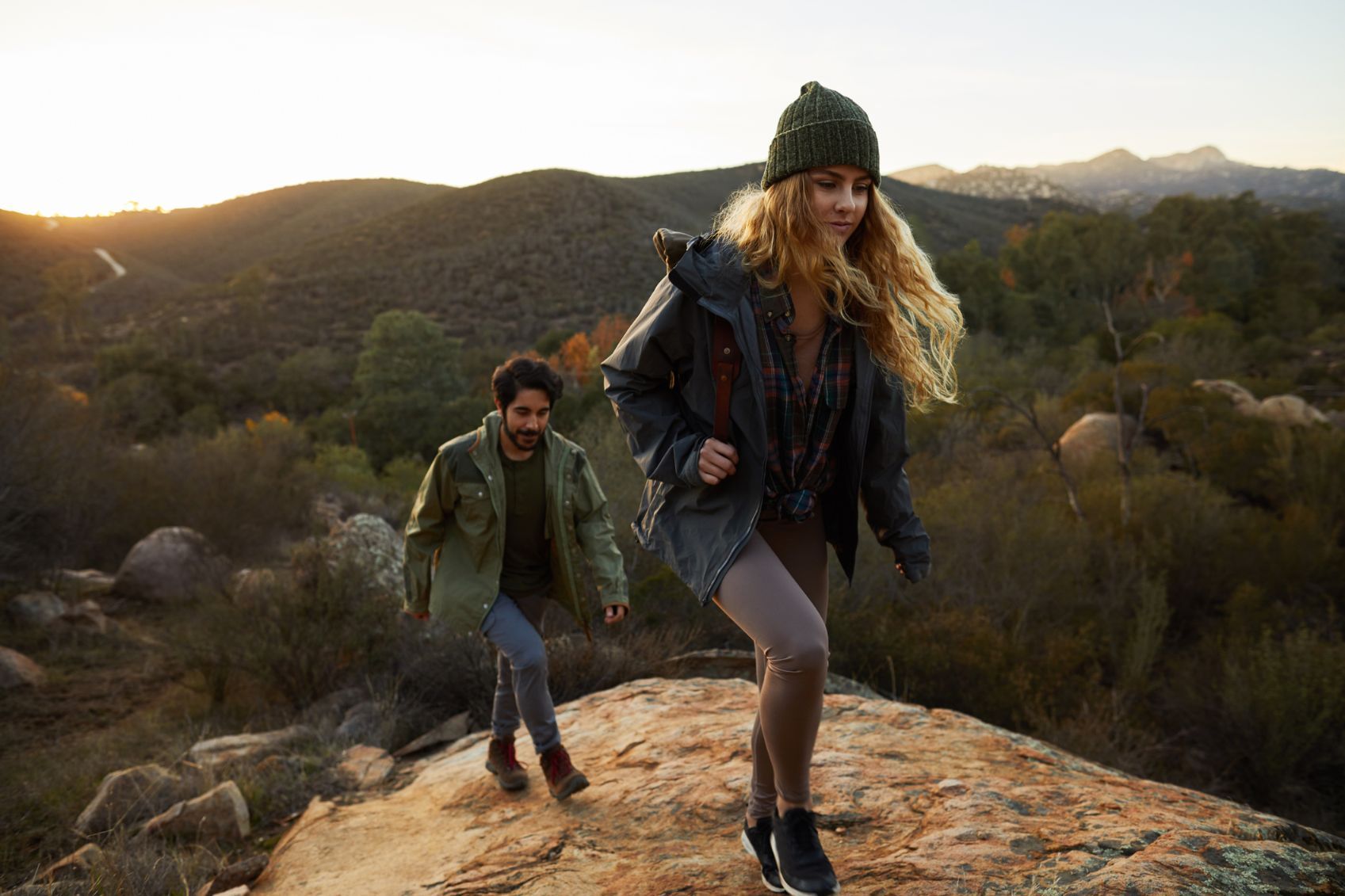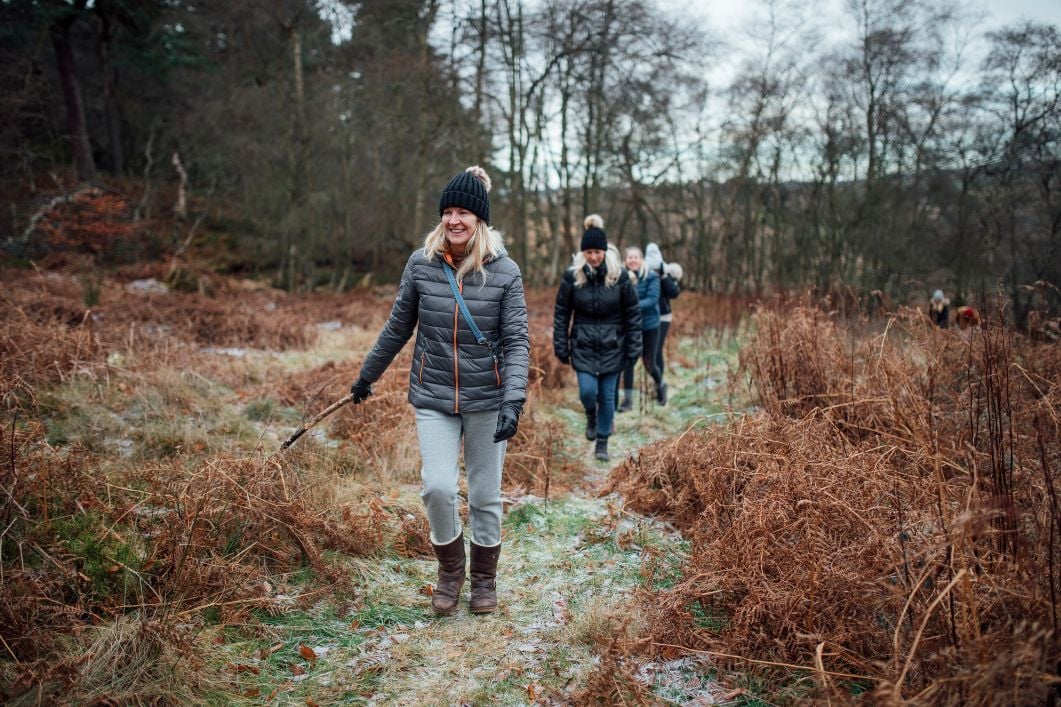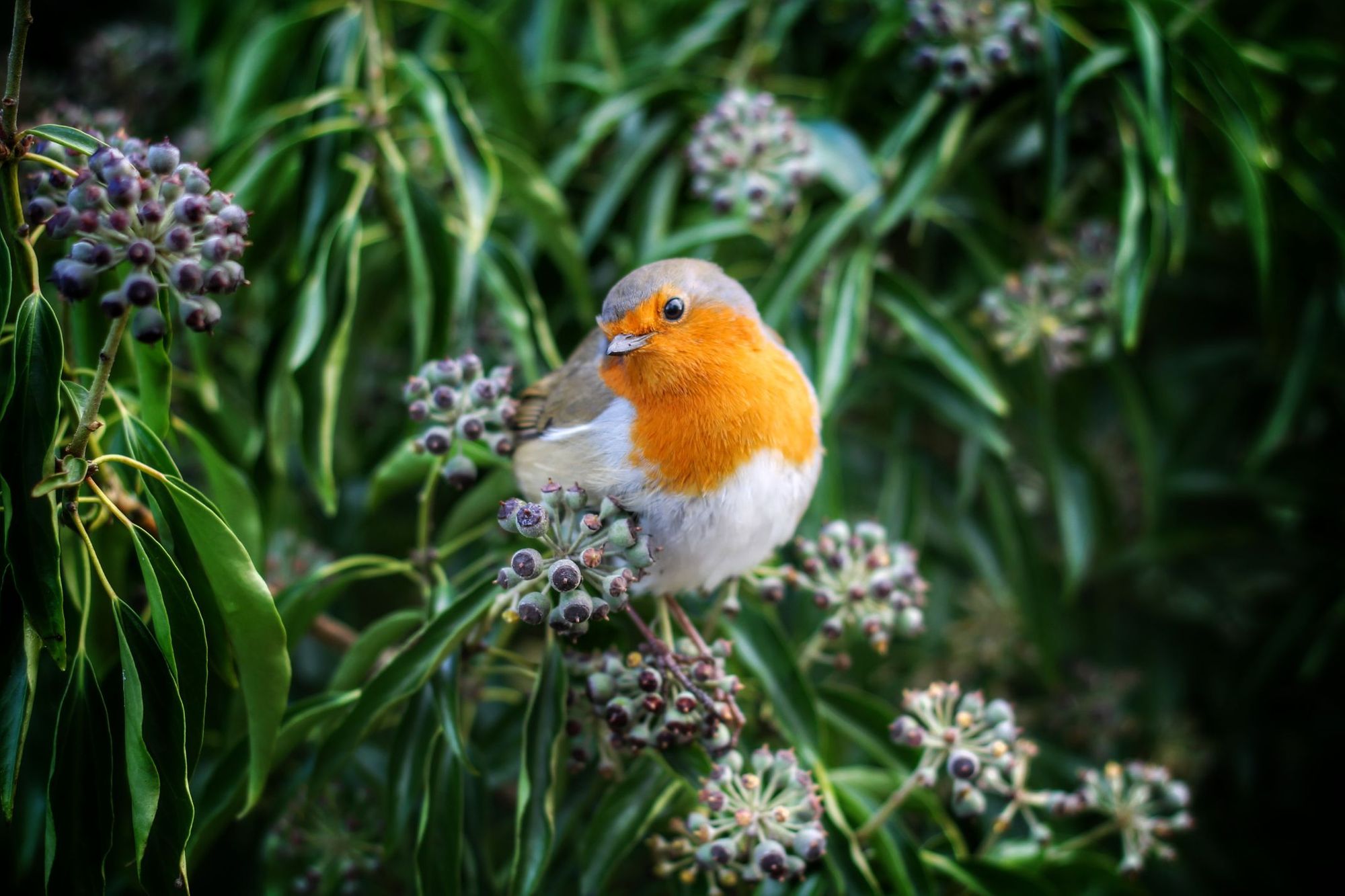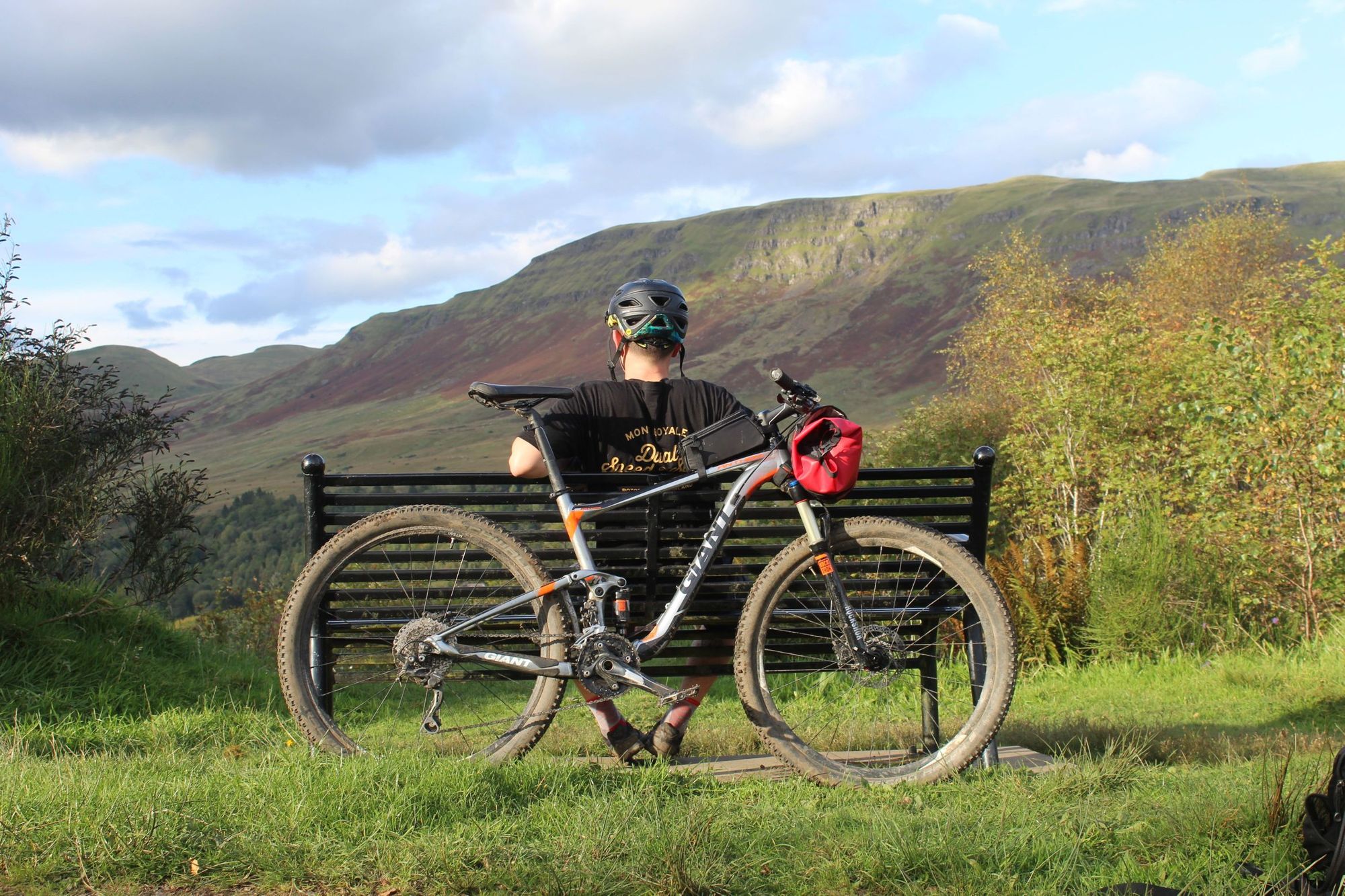My beloved mountain bike is currently undergoing repairs at the local bike shop, and I can’t help but feel like I could personally go a bit of a service as well. The days are dark, the pandemic ongoing, and everyday life is starting to feel as circular as a bike wheel. 'How are you doing?' goes the question. 'Ups and downs', goes the answer.
Sometimes, as children's author Dallas Clayton writes, all there is to say is at least we’ve made it through another day. Which is a nice way of saying: don’t beat yourself up if another day passes and you’ve still not written King Lear yet. We’re back in lockdown in the UK, but this time without the novelty value. I no longer have the energy to blow up my inflatable Lidl kayak and pretend that I’m rafting in my bathtub, and I simply cannot do another Zoom quiz.
It’s a fairly standard city park, but with the help of some birding apps, I learned to separate the calls of the bullfinch and chaffinch, and got excited as coal tits and robins became more visible
Just because you know a lockdown is essential doesn’t mean the restrictions aren't a sucker punch - and online doom-scrolling doesn't exactly help. Don't get me wrong, social media is great for connecting with pals, but it also makes it very easy to get stuck reading a thread where an anonymous Twitter user with a Pikachu avatar is declaring war on someone from a different continent because they disagree on how to sieve pasta - or something equally as benign.
The fact that a 2018 study from the University of Pennsylvania found high social media usage increased rather than decreased loneliness will likely come as a surprise to nobody. The cure to this - or my cure at least - is always nature, hillwalking or cycling, and there’s a lot of science behind that as well.
A study published just last week, on 2 January 2021, has found that spending time outdoors, and switching off our devices, is associated with higher levels of happiness during a given period of COVID-19 restrictions.

This study was jointly led by academics at Anglia Ruskin University (ARU) in the UK, the Karl Landsteiner University of Health Sciences in Austria and the Perdana University in Malaysia, and took place back in April 2020.
It saw 286 individuals in Austria (average age 31) reporting for three weeks on their emotional well-being, outdoor activity, their loneliness at three random time-points each day, and their daily screen-time. Results found “being outdoors was associated with higher emotional well-being, whereas greater loneliness and greater daily screen-time were associated with poorer well-being. Additionally, the impact of loneliness [...] was weaker when participants were outdoors.”
This wasn't about spending hours outdoors or going for long walks in the wilderness. This is about the tree at a bus stop in the middle of a city and the positive effect that one tree can have on people.
Co-author Viren Swami of ARU, said: "While lockdowns can help slow down the transmission of COVID-19, research has also shown that prolonged periods of lockdown take their toll on mental health. Being able to spend time outdoors under conditions of lockdown has a beneficial impact on psychological wellbeing.
“Being outdoors provides opportunities to escape from the stresses of being confined at home, maintain social relationships with others, and engage in physical activity - all of which can improve mental health.”
Staying home and respecting lockdown is, of course, incredibly important, but mental health is too. It’s important to remember to get outdoors - and daily.

It’s not always easy, of course. It can be hard to summon the will to go outside on your lunch break, nevermind leaping up a mountain for sunrise, but even the smallest, focused encounter with the outdoors can make a big difference.
Another study from 2017, from the University of British Columbia (UBC), asked participants to document how nature made them feel. Each day for two weeks they’d take a photo of a particular thing within nature - it could be anything - that caught their attention, and jot down a feeling in response. "This wasn't about spending hours outdoors or going for long walks in the wilderness," UBC researcher Holli-Anne Passmore said. "This is about the tree at a bus stop in the middle of a city and the positive effect that one tree can have on people."
Participants' happiness, elevation and level of connectedness to other people, not just nature, was significantly higher after the study when compared to that of other participants, who had been doing similarly but with man-made objects.
So perhaps this lockdown we should focus on focusing - and attention to detail.

In the initial March lockdown in the UK we were only allowed one hour outdoors. So during lockdown one, I decided to really explore my local park, five-minutes walk down the road. It’s a fairly standard city park, but with the help of some birding apps, I learned to separate the calls of the bullfinch and chaffinch, and got excited as coal tits and robins became more visible. Friends learned similarly about flowers and plants. Perhaps now is a good time to learn some fun astronomy basics, and see the beauty in the dark skies that rule our winters.
It’s easy to feel like you’re losing your connection to nature right now.
A study in 2017 showed that just listening to authentic recordings of nature can help with relaxation
We’re indoors and we're online. But it’s amazing how quickly you can regain that connection. Think about that moment when you’re out on a big hike and finally reach a panoramic viewpoint. It doesn’t matter how long you’ve been away from nature - at that moment, you look around and feel connected, re-energised; alive.
Another local tip is to explore with five senses. Don’t just see, touch the leaves, the flowers and the bark. Open your ears. A study in 2017 showed that just listening to authentic recordings of nature can help with relaxation. Forage and taste (where safe) and smell the differing scents that come at morning and night.
As ever, the nature poet Mary Oliver puts it ten times better than I ever could, and in a lot less words, too. In her poem 'Sometimes' Oliver writes:
Instructions for living a life:
Pay attention.
Be astonished.
Tell about it.
The more you learn about local nature, the more wonder you’ll find in it, and sure - sometimes all there will be to say is at least we’ve made it through another day. That’s fine too, but the sun is rising earlier and setting later again. The world is turning, and we're already on our way back to summer. Be kind to yourself.
The beauty of nature is that when you are ready for it, it’ll be ready and waiting.
After something to look forward to? Check out our adventure holidays!

